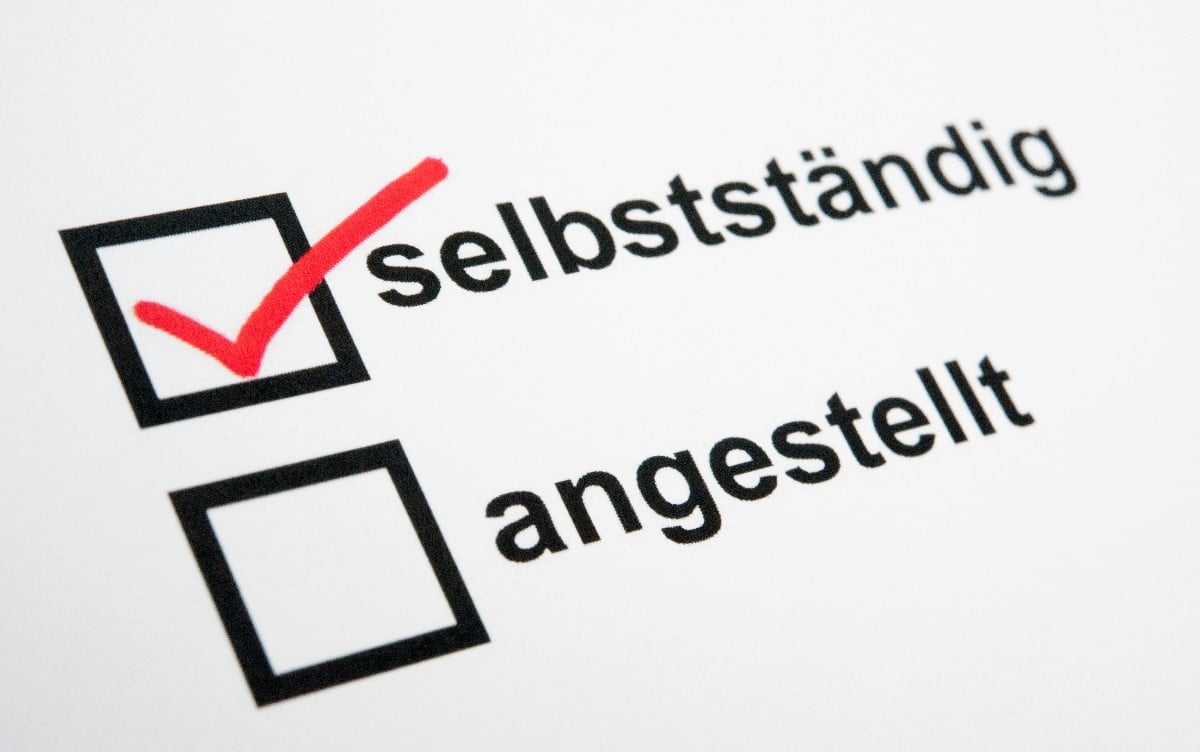World Children’s Day – Tuesday, September 20th
Where: Thuringia
If you live in the state of Thuringia, you can look forward to a day off work or school next week.
Established by the United Nations in 1954, World Children’s Day honours children as the future of society and is intended to draw attention to the rights of children, focus on their individual needs and make political demands on their behalf.

The state of Thuringia decided to make Weltkindertag a public holiday in 2019, hoping that the day off would draw attention to the needs of children and families, and encourage parents to spend more time with their children.
As the holiday falls on a Tuesday, if you’re living in Thuringia, why not take a Brückentag (bridge day) and enjoy a four-day weekend?
READ ALSO: German word of the day: Der Brückentag
Useful vocabulary for this holiday:
Family time – (die) Familienzeit
Child rights – (die) Kinderrechte
German Unity Day – Monday, October 3rd
Where: Nationwide
The next nationwide public holiday to put in your calendar is October 3rd, when the country celebrates German Unity Day.
Tag der deutschen Einheit – German Unity Day – celebrates the date that the GDR officially ceased to exist as a sovereign state and rejoined the Federal Republic of Germany in 1990. Since then, Germany has been reunited as the Bundesrepublik and the date is celebrated every year with a holiday in every federal state.
This year it lands on a Monday meaning that many people will get a long weekend.
Useful vocabulary for this holiday:
Reunification – (die) Wiedervereinigung
Fall of the Berlin Wall – (der) Mauerfall
All Saints’ Day – Tuesday, November 1st
Where: Baden-Württemberg, Bavaria, North Rhine-Westphalia, Rhineland-Palatinate, Saarland
The history of All Saints’ Day goes right back to the birth of Christianity, as it was originally a day of commemoration for martyrs who were killed because of their Christian faith when it was introduced in the 4th century.
Nowadays, in Germany, the feast day is celebrated every year on November 1st, with masses and remembrance services in cemeteries to remember the dead.

On All Saints’ Day, it’s customary to decorate graves of the deceased with flowers, candles and even food and drink.
While the day is recognised as a religious feast day throughout Germany, only the more traditionally Catholic states of Baden-Württemberg, Bavaria, North Rhine-Westphalia, Rhineland-Palatinate and Saarland offer a public holiday.
Useful vocabulary for this holiday:
To commemorate someone/something – jemaden/etwas gedenken
Grave – (die) Grabe
Day of Prayer and Repentance – Wednesday, November 16th
Where: Saxony and Bavaria (for school children)
READ ALSO: Saxony public holiday: What’s the history behind ‘Buß und Bettag’?
Every year, the Wednesday before Totensonntag (the Sunday of the dead – this year November 20th) – is known as the Day of Prayer and Repentance.
Historically, Buß und Bettag was a call to the nation to pray together and confess sins, in the hope that this would prevent future disasters.
Today, the holiday is used for reflection on individual and social issues and many Protestant congregations hold services on this day for this purpose.
Up until 1995, the religious holiday was a national holiday, but now it is only a day off for everyone in Saxony and for school children in Bavaria.
Useful vocabulary for this holiday:
To pray – beten
To confess sins – die Sünde bekennen
Christmas Day – Sunday, December 25th
Where: Nationwide
One of the most important days in the Christian calendar, the celebration which commemorates the birth of Jesus is always a nationwide public holiday in Germany.

But, unlike, for example, in the UK, if it falls on a weekend, it’s not compensated for with a free weekday in the following week. That’s sadly the case this year, as the 25th will fall on a Sunday.
READ ALSO: Should Germany ensure workers get a day off for every public holiday?
Useful vocabulary for this holiday:
Christmas day – der erste Weihnachtstag
Boxing Day – Monday, December 26th
Boxing day – or as it’s known in Germany, der zweite Weihnachtstag (the second Christmas day) is also always a nationwide holiday.
Luckily, this year, the 26th falls on a Monday, which means everyone in Germany will enjoy a day off for the last public holiday of the year.
Useful vocabulary for this holiday:
To visit – besuchen
What about 2023?
2023 doesn’t get off to a great start in terms of public holidays, as January 1st – New Year’s Day – like Christmas Day, falls on a Sunday, meaning that most Germans will miss out on a free day off work.
But, for the rest of the year, all of the other major holidays will fall on weekdays, so those in employment will get the most out of them. We’ll make sure to round them all up for you soon so you can plan your time off for next year.





 Please whitelist us to continue reading.
Please whitelist us to continue reading.
Member comments